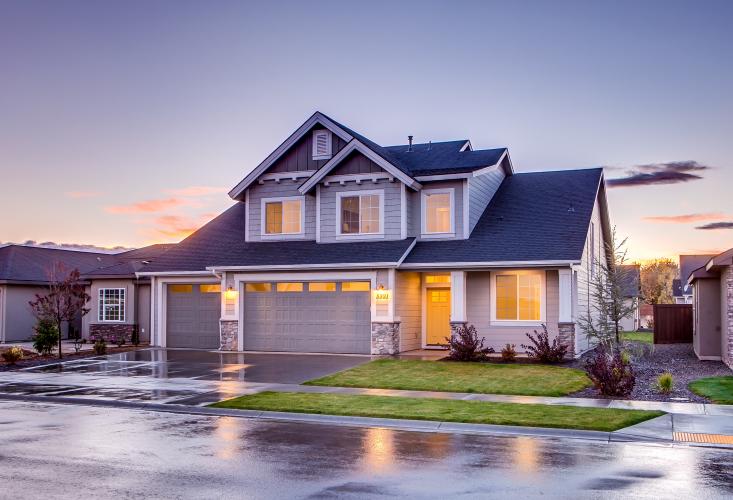Tube Ninja Insights
Your go-to source for the latest trends and tips in video content creation.
Energy Efficiency: The Secret Sauce for a Low-Bill Home
Unlock the secret to slashing your bills! Discover how energy efficiency transforms your home into a cost-saving haven.
10 Simple Ways to Boost Your Home's Energy Efficiency
Improving your home's energy efficiency doesn't have to be complicated or expensive. Here are 10 simple ways to make your home more energy-efficient:
- Seal Windows and Doors: Use weather stripping and caulk to seal any gaps around your windows and doors. This can prevent drafts and reduce heating and cooling costs.
- Upgrade to Energy-Efficient Appliances: Replace old appliances with Energy Star-rated models, which use significantly less energy. For a comprehensive guide on energy-efficient appliances, check out Energy Star.
- Install a Programmable Thermostat: A programmable thermostat allows you to set temperatures based on your schedule, ensuring energy is used only when needed.
- Insulate Your Home: Proper insulation in your attic, walls, and floors can enhance energy efficiency. For more information on insulating your home, visit Energy.gov.
These steps are just the beginning. Implementing a few more can lead to even greater efficiency:
- Utilize LED Lighting: Replace traditional incandescent bulbs with LED lights, which use at least 75% less energy and last up to 25 times longer.
- Maintain Your HVAC System: Regular maintenance and filter changes can keep your heating and cooling systems running efficiently. A well-maintained system can save you up to 30% on energy bills.
- Consider Renewable Energy: Explore options like solar panels to harness renewable energy sources. For more on solar energy benefits, check out SEIA.
- Reduce Water Heater Temperature: Lowering your water heater temperature to 120°F can save you money and reduce energy usage. This simple adjustment can make a significant difference in your energy bills.
- Use Power Strips: Plugging devices into power strips helps to easily turn off multiple electronics at once, cutting down on phantom energy usage.

Understanding Energy Audits: Your First Step to a Low-Bill Home
Understanding energy audits is crucial for homeowners looking to reduce their energy bills and improve their home's efficiency. An energy audit is a comprehensive evaluation of your home's energy consumption, identifying areas where you can save energy and money. During an audit, a professional will assess your home’s insulation, ventilation, heating, and cooling systems, pinpointing how energy is used and suggesting effective measures to enhance efficiency. This process often involves tools such as thermal cameras and blower doors to detect air leaks that could be costing you money.
Once the audit is completed, you'll receive a detailed report with recommendations tailored to your home. Implementing these suggestions can lead to significant savings over time. Common improvements include upgrading insulation, sealing gaps, and replacing outdated appliances with more energy-efficient models. By taking the first step with an energy audit, you're on your path to a low-bill home, making it not only more comfortable but also more sustainable for the environment.
How Insulation Can Save You Money: The Key to Energy Efficiency
Insulation is a crucial component in maintaining an energy-efficient home, as it helps to regulate indoor temperatures by minimizing heat loss during winter and heat gain during summer. By properly insulating your home, you can reduce the load on your heating and cooling systems, ultimately leading to significant cost savings on your energy bills. According to the U.S. Department of Energy, improving your home's insulation can lead to energy savings of 10% to 50%, depending on your climate and existing insulation levels. Making this investment not only contributes to lower utility costs but also enhances your comfort and reduces your carbon footprint.
Additionally, insulating your home can increase its overall value and appeal to potential buyers. When homes are well-insulated, they are recognized for their energy efficiency, a feature that is increasingly sought after in the real estate market. A report by the National Association of Industrial and Office Properties suggests that energy-efficient buildings command higher rental rates and resale values compared to their less efficient counterparts. By investing in insulation, you are not only saving money in the short term but also setting yourself up for long-term financial benefits.